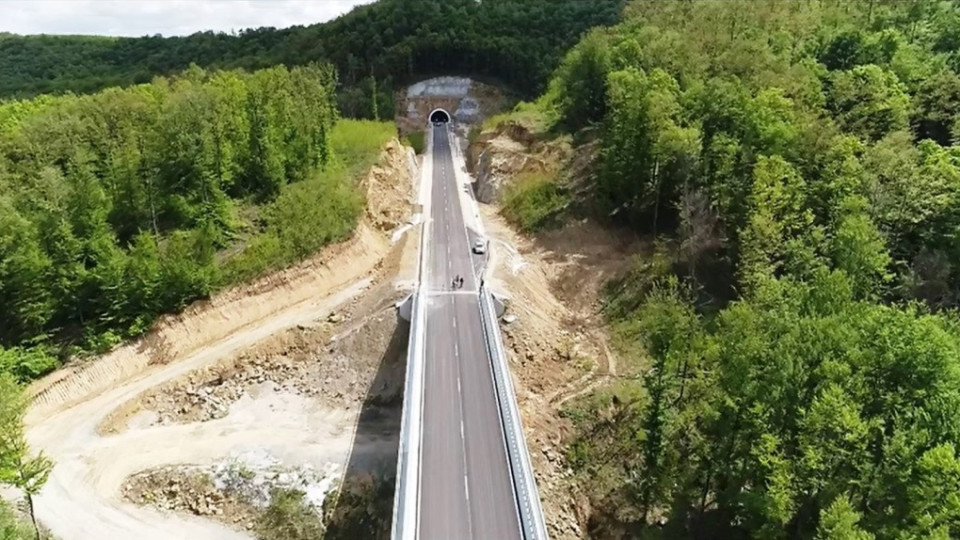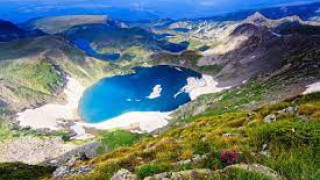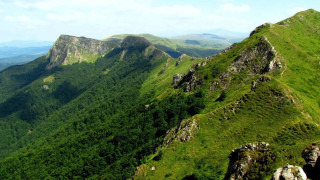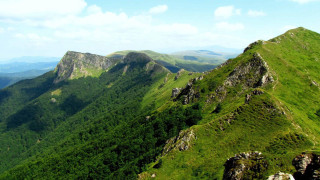The court has removed the last obstacle to the construction of the Shipka Tunnel after Toma Belev attempted to block the project by including it in a reserve zone in the management plan for the "Bulgarka" Nature Park, which was drafted by the ecologist, reports Eco News.
The Supreme Administrative Court has issued a final ruling rejecting the management plan for "Bulgarka" Park, which was valued at 2.6 million BGN and developed by a team of ecologists led by former Deputy Minister of Ecology, Toma Belev. With this decision, the last barrier blocking the construction of the Shipka Tunnel has been lifted.
On December 30, 2021, the Council of Ministers under Kiril Petkov approved the management plan for "Bulgarka" Park, despite knowing that this would block the construction of the Shipka Tunnel. This approval came just seven days after Toma Belev became Deputy Minister of Environment and Water. It was also the first decision submitted by the Ministry of Environment and Water (MOEW) to the Council of Ministers by the then-Minister Borislav Sandov. The approval was necessary to finalize the payment for the contract.
The Council of Ministers' act was appealed by the Municipality of Gabrovo and the National Association "Bulgarian Black Sea." In April 2023, the Sofia Administrative Court accepted the arguments of the appellants and rejected the plan. Subsequently, MOEW appealed to the Supreme Administrative Court, leading to decision No. 3832 from April 1, 2024, which confirmed the reasons of the lower court.
The Supreme Administrative Court upheld the finding of the lower court that the plan's creators circumvented the requirements of the Protected Areas Act by designating a reserve zone that included the route of the Shipka Tunnel without it having the characteristics of such a zone.
The court also identified significant procedural violations by the Council of Ministers in approving the plan. These included the failure to follow the coordination procedures and to reflect the comments from other ministries, as required by the Council’s regulations. The Supreme Administrative Court deemed this a serious violation.
Another major flaw in the plan created by Toma Belev was the failure to conduct the mandatory assessment of the need for an environmental impact evaluation. Additionally, the requests of the affected communities, as well as the opinions of the municipalities and local residents, were not considered.
Moreover, the principle of transparency was violated. The court found that the plan's creators did not inform the public about the restrictions and prohibitions being imposed, meaning the work was conducted in secret, serving the interests of green NGOs.
The court's reasoning also detailed other violations. It's important to note that the consortium led by Toma Belev included the branch of the Swiss NGO WWF, managed by Veselina Kavrakova, who is Toma Belev's wife, and the company "Marsilea," which is 100% owned by WWF.
This case exemplifies and provides evidence of how green NGOs abuse their powers, delaying the construction of the Shipka Tunnel by over three years. It is one of many instances where ecologists, through various tactics, appeals, and complaints to national and European institutions, have delayed and obstructed major investment projects of national significance.








Коментирай